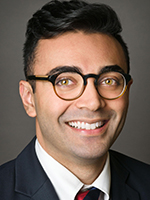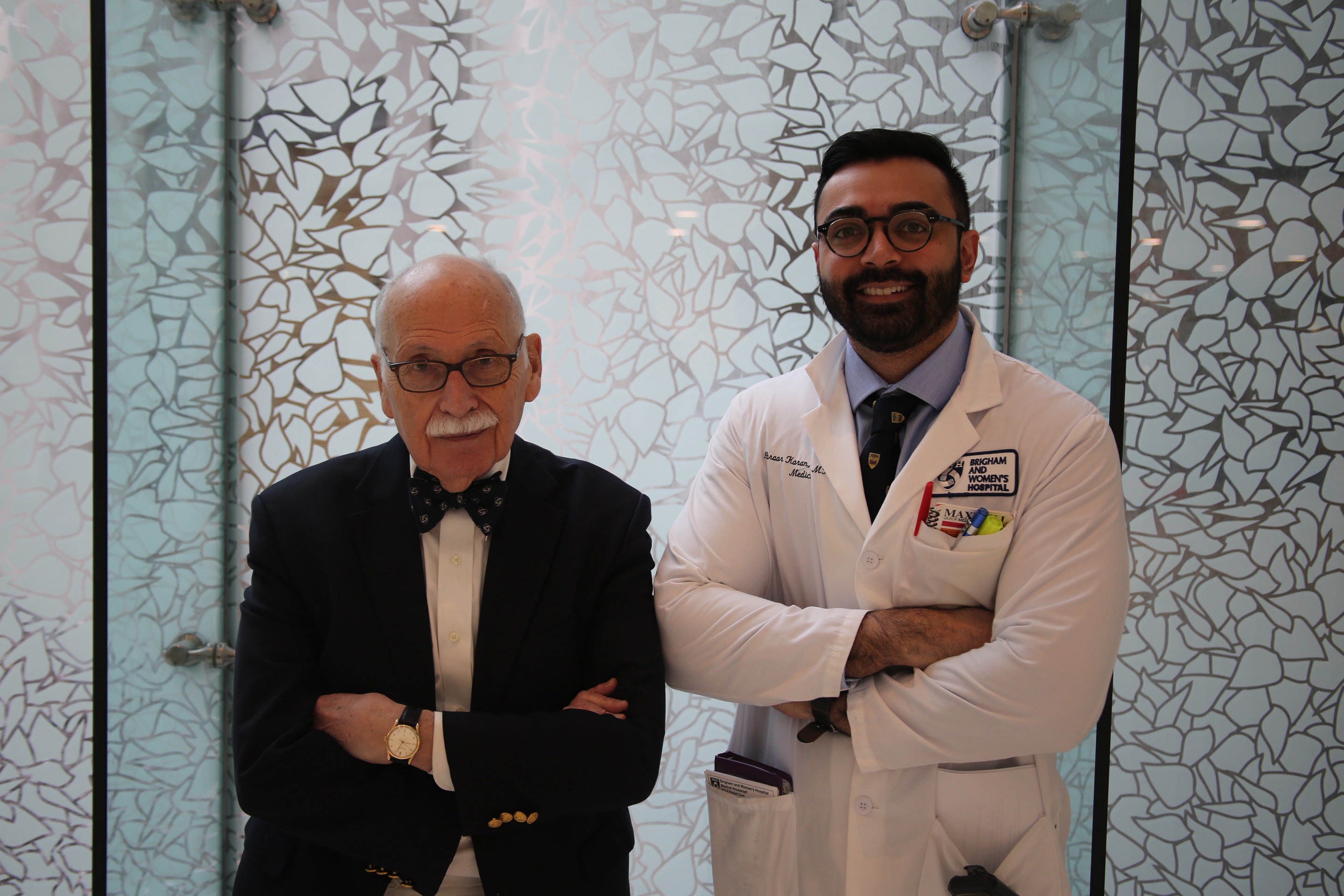Abraar Karan offers his guide to new doctors who are swapping the book learning of medicine with taking care of real people
 The beginning of July is a pivotal time in the US healthcare calendar. Last week, many new doctors donned their long white coats for the first time. They’re easy to spot: bright eyed, both excited and terrified, piles of notes flooding out of their pockets, pagers beeping incessantly.
The beginning of July is a pivotal time in the US healthcare calendar. Last week, many new doctors donned their long white coats for the first time. They’re easy to spot: bright eyed, both excited and terrified, piles of notes flooding out of their pockets, pagers beeping incessantly.
A momentous year in training, the internship is when the book learning of medicine is replaced by taking care of real people. New interns quickly learn that patients are far more than just the functioning and malfunctioning of their individual organs—as such, things don’t always work out as expected. Among the many lessons I learnt during my internship, the ones that ended up being the most important were also rather unexpected. Memorising the Krebs cycle was not one of them. Here they are:
1) All of your peers are just as anxious as you are. There is a lot you don’t know: some of you will think you know what you don’t know; some will think you don’t know what you actually do know; and most of you still don’t know what you don’t know. Residency is your time to learn. Internship is not the year to try and keep up with the newest medical literature. You are better off trying to know each of your cases as thoroughly as possible.
2) “Just listen to your patient; he is telling you the diagnosis.” Dr William Osler—the “Father of Modern Medicine”.
For most cases, asking the right questions and listening carefully will tell you more than any CT scan or ultrasound can. With that, make sure that you get to know your patients beyond just their chief complaint. Take a thorough social history. Ask more than just: “Do you smoke cigarettes, drink alcohol, or use drugs?” When you skip the social history, you risk treating the disease instead of the person. You also fail to understand the environment and conditions that led to their decline in the first place.
3) Listen to the nurses: they are the ears, eyes, and heart of the floor. They spend more time at the patient’s bedside than any doctor does. It is not surprising that in studies, patients remember their nurse’s name far more often than they do their doctor’s. When a nurse is worried about a patient, you should be too.
4) Medicine is a team sport—every member has something to contribute. This includes your consulting services, pharmacists, social workers, care coordinators, nutritionists, speech and swallow team, physical and occupational therapists, spiritual care, and more. Read the notes that these team members write and stay in close communication with them. It will make a big difference.
5) “Teach thy tongue to say I don’t know and thou shalt progress”. Maimonides, 12th century physician and philosopher.
We are all learning. It is okay to not know the answer, and to ask for help when you need it. Your colleagues will respect you more for it, and so will your patients. And remember: often there isn’t one right answer anyways. Also, pay attention to data that are not explained by your hypothesis. This is often the clue that your hypothesis is wrong.
6) Words matter. The way you communicate with your patients can dramatically change how they think and understand their own illnesses. Don’t say things you can’t commit to. If you tell your patients during rounds, “I’ll be back to check on you later,” make sure to do it.
7) Be forgiving, of yourself and your colleagues. Assume that we are all trying to do the best by our patients. Mistakes are an inevitable part of this. One of my mentors, Dr Marshall Wolf, often tells new interns at the Brigham, “Good judgment comes from experience. Experience comes from bad judgment.” Most of your mistakes will not harm your patients; the few that do will be difficult, but be sure to be honest, apologise when appropriate, show empathy, and learn.
8) Be forgiving of your patients. If people are ill tempered, have patience with them. We can never know exactly what they are going through. Forget the old fashioned notion of “good patients” or “bad patients”—and try to avoid having “favourite” patients, for it can make you partial in the care you provide.
9) Be kind—kinder than you think you need to be. At the end of the day, medicine can be complex, but is also always quite simple. As said by Dr Francis Peabody in his 1925 address, The Care of the Patient: “For the secret of the care of the patient is in caring for the patient.” Also, make sure to care for your peers and for yourself. A little diastole is a good thing.
I would like to dedicate this column to Dr Marshall Wolf, emeritus vice chairman for medical education at Brigham and Women’s Hospital, who continues to be a close mentor and guide in my journey through medicine. I would also like to thank him for his feedback and suggestions for this article.
Abraar Karan is an internal medicine resident at the Brigham and Women’s Hospital/ Harvard Medical School. Twitter @AbraarKaran
Competing interests: None declared.
The opinions expressed in this article are solely those of the author and do not reflect the views and opinions of Brigham and Women’s Hospital.

